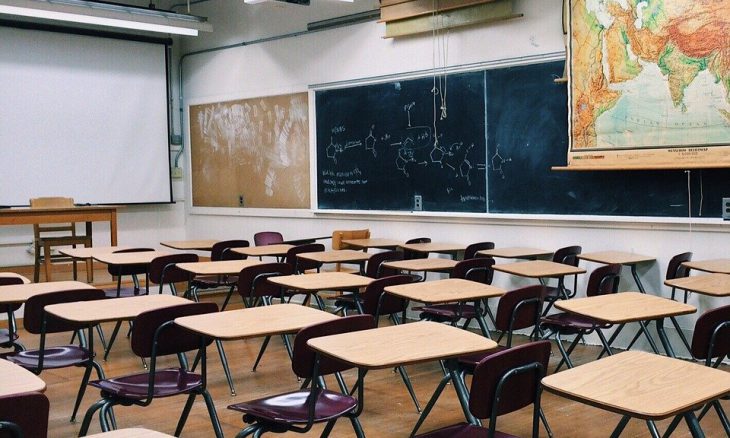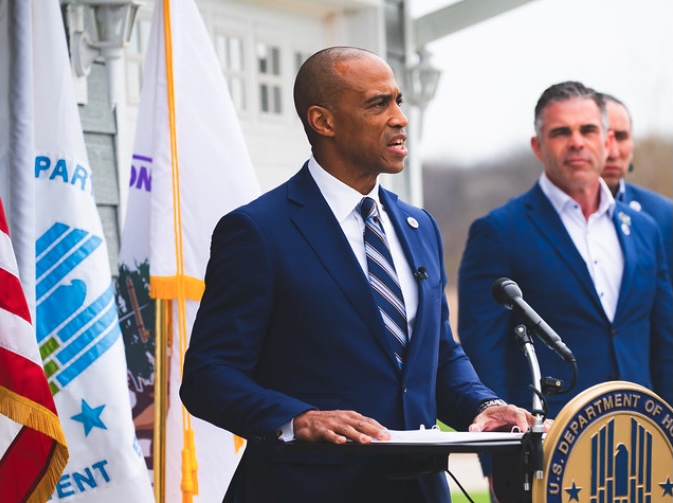Virtual learning is less than effective.
School districts across the nation are reporting increased rates of failure from virtual learning. One Virginia district reported the percentage of failing grades were up more than 80 percent compared to a year ago; while in the Bay Area of California, districts reported 50 percent jumps in failing grades. Austin, Texas, saw a 70 percent increase in failure, while in South Dakota, 62 percent of all students participating in virtual learning were failing at least one class.
Students in lower-income homes, underserved communities, and those where English is a second language were seeing an even greater gap.
A study from George Mason University found that “fully online coursework has contributed to increasing gaps in educational success across socioeconomic groups while failing to improve affordability.” The report adds, “Students with weak academic preparation and those from low-income and under-represented backgrounds consistently underperform in fully-online environments.”
One Texas school superintendent said, “We know that they do a lot better when they’re at school. The students are failing at home because it’s a lack of engagement.”
With the current surge in coronavirus cases, those trends seem unlikely to change in the immediate future as more and more districts and communities completely close down in-classroom learning, despite the director of the CDC advocating for children to be in school.
A study conducted in September found minimal evidence that the coronavirus is transferring inside K-12 school buildings, with little spread among staff and students.
As the Lord Leads, Pray with Us…
- For students who are having difficulties with not only the virtual learning processes but also the lack of socialization during the coronavirus.
- For parents who are dealing with having their children at home and who are trying to help them learn and to stay focused and engaged.
- For teachers who experience challenges in trying to educate their students without having a personal connection with them.
- That decision-makers would wisely use the data they receive on infection rates and other issues that involve whether or not to reopen schools.
Sources: Washington Examiner, ABC13Houston, The Hill









